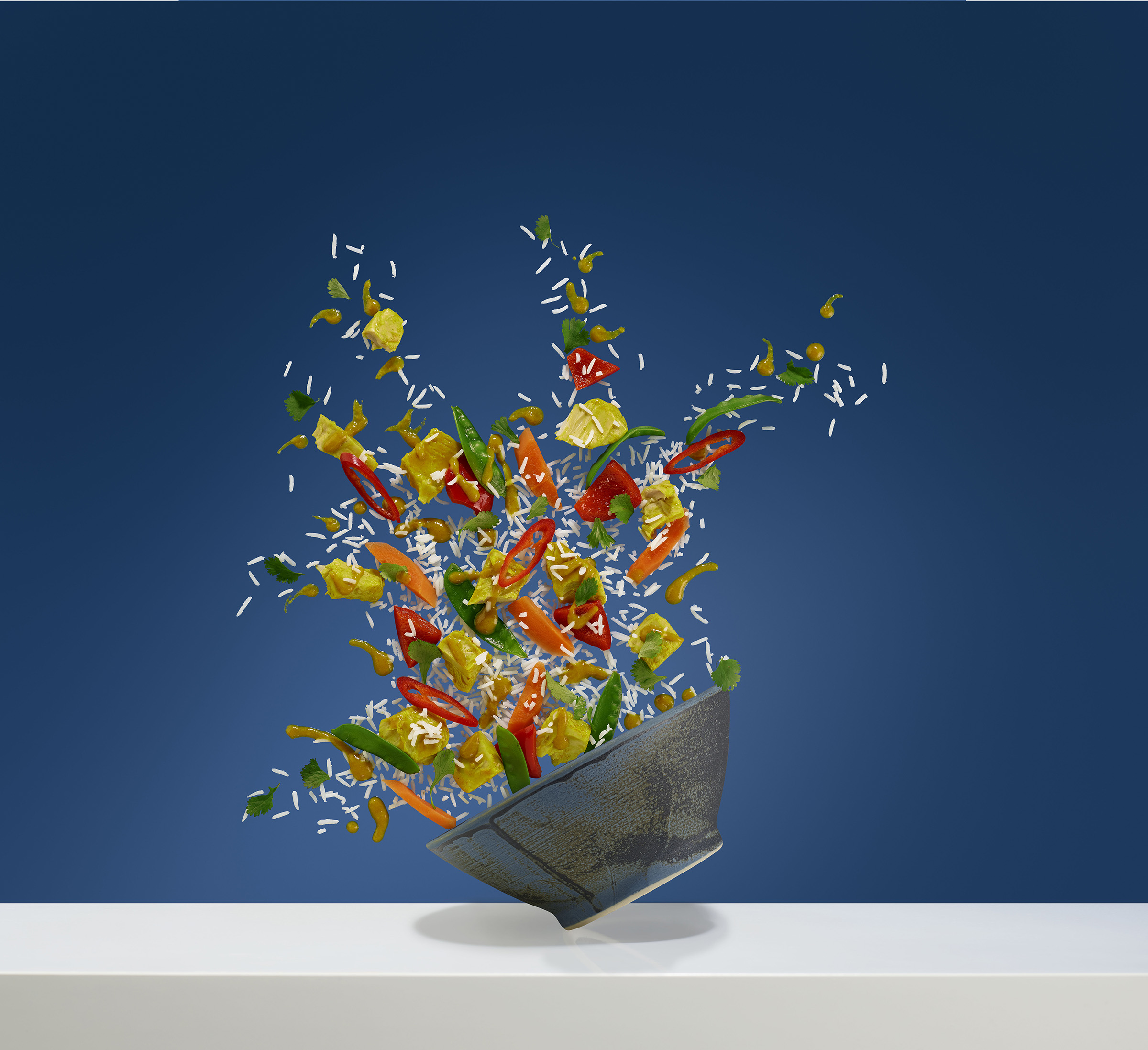As the pandemic continues through winter, interest in immunity is rising. In the UK, Google searches for the term have more than tripled on last year’s cold and flu season, outperformed only by a peak in searches when the first lockdown began in March.
Rees Bramwell, a nutritionist at Eurest, a leading workplace caterer, has developed six plant-based meals to support the immunity of employees this January and is urging businesses to embrace the power of healthy eating in their onsite restaurants.
He said: “Helping employees eat for a healthier immune system is a great way of ensuring they feel supported this winter. Food cannot prevent a person from catching a virus, but it does give the body the building blocks it needs to function healthily.
“The key to the health benefits in these dishes is the combination of different-coloured vegetables with wholegrains and varied protein sources, which increase the number of nutrients as well as the bioavailability of the meals – meaning the nutrients are absorbed quickly.
“The Nirvana Bowl for instance has leafy greens and bright veg like squash and sweet potato. This means the dish packs vitamin A, which supports T cells, a type of white blood cell, and Vitamin C, which helps immune cells attack pathogens.”
It’s not just vegetables that can support the immune system. Nuts and seeds add vital minerals like selenium, copper and zinc. Eating a wide spread of these nutrients is key.
Rees added: “It is also important to think about offering meals that support gut health. A massive 70 per cent of our immune cells live in the gut – and fibre is key for gut health. This is why these dishes are high in wholegrains and combinations of vegetables. Most British adults get nowhere near the daily recommended 30g[1], so fibre is an excellent place to start.”
Here are Rees’ six favourite meals to support immune systems in the workplace:
Nirvana Bowl
With quinoa, curly kale, peppers, sweet potato and toppings such as falafel, za’atar squash, lentil dhal or kimchi.
Pecan, Apple and Chia Overnight Oats
With pecans, grated apples, chia seeds, pumpkin seeds, maple, cinnamon and coconut milk.
Plant-based Tinga Tacos
With sriracha roasted cauliflower, beans, charred corn on the cob, pico de gallo, pickled red cabbage, coriander and a tofu sour cream.
Moroccan Fillet Tagine
With dried apricots and prunes, chickpeas, tabbouleh and soya fillets.
Fragrant Karee Fillet Curry
With brown rice, a bamboo curry garnish, chilli pickle, stir fried bok choy and a kimchi ‘sushi salad’ of edamame beans.
Smashed Winter Roots, Puy Lentils and Roasted Cauliflower
Great with a wholegrain salad like herby bulgur wheat with grilled courgette and toasted almonds.
Immune-supporting nutrients and where to find them.
| Nutrient | Important for… | Found in… |
| Vitamin A | Supporting T cells (white blood cells which identify pathogens). Also important for cell linings of digestive tract, airways and skin cells | Kale, peppers, apples, tomatoes, carrots, dried apricots, butternut squash |
| Vitamin B6 | Production of antibodies and regulating speed of response. | Peppers, red onion. If you eat meat, chicken and fish. |
| Vitamin B12 | Producing new immune cells. | Fortified plant milk. If you eat meat, mackerel and eggs. |
| Vitamin C | Helping immune cells attack pathogens and maintaining healthy skin, which is an important barrier to infection. | Kale, spinach, sweet potato, peppers, fruits and tomatoes, red onion, cauliflower |
| Beta Carotene | Being converted into Vitamin A by the body, it is also a powerful antioxidant. | Sweet potato, carrots, red peppers |
| Vitamin D | Maintaining a healthy immune response – low vitamin D means a low immune response. | Fortified cereals. If you eat meat, eggs and oily fish like mackerel. |
| Copper | Protecting and fuelling immune cells. | Quinoa, pecans, seeds |
| Folate | Producing new immune cells. | Kale, oranges, chia and pumpkin seeds, nuts, spinach |
| Iron | Maintaining the health of immune cells. | Red meat, beans, chickpeas, nuts, dried fruit |
| Selenium | Strengthening the body’s response to infection. | Almonds, cashews, pecans, chia and pumpkin seeds |
| Zinc | Producing new immune cells and fighting off some viruses. | Quinoa, chia and pumpkin seeds |







